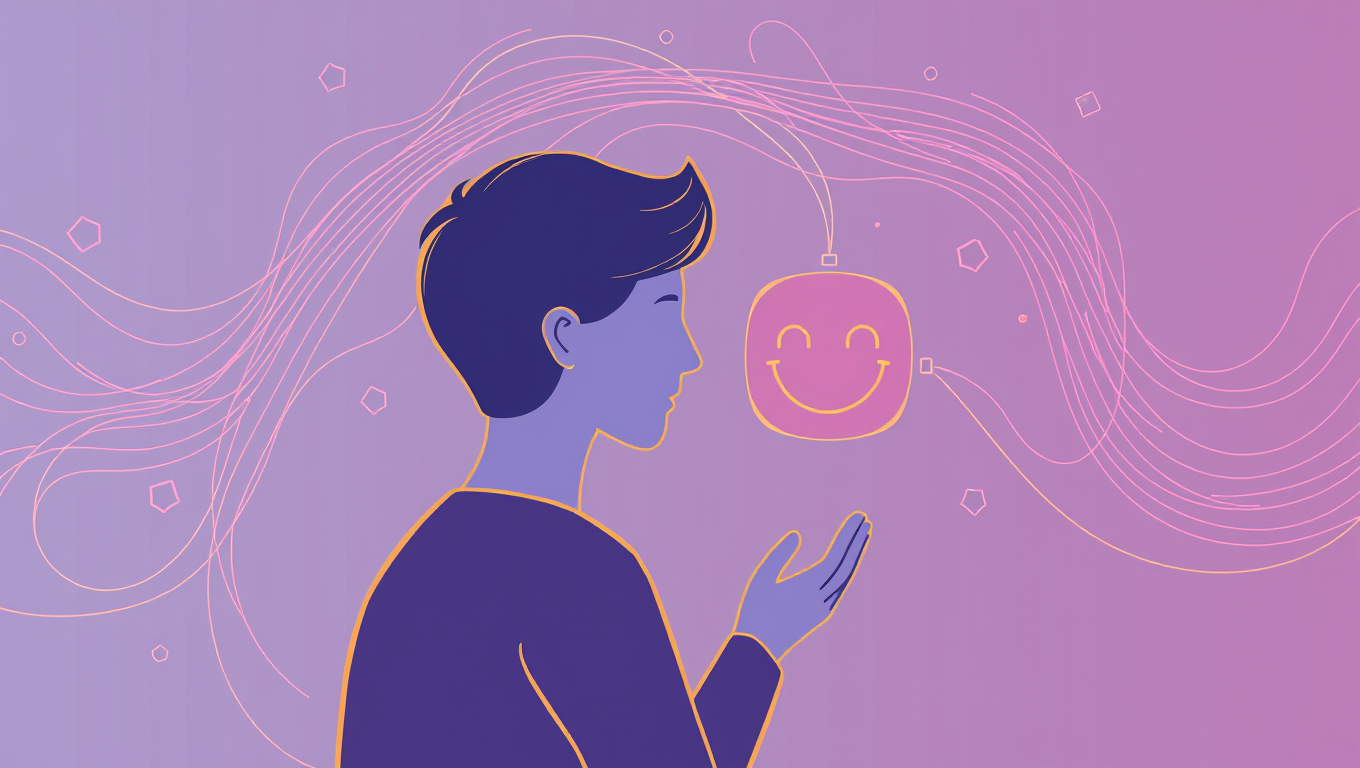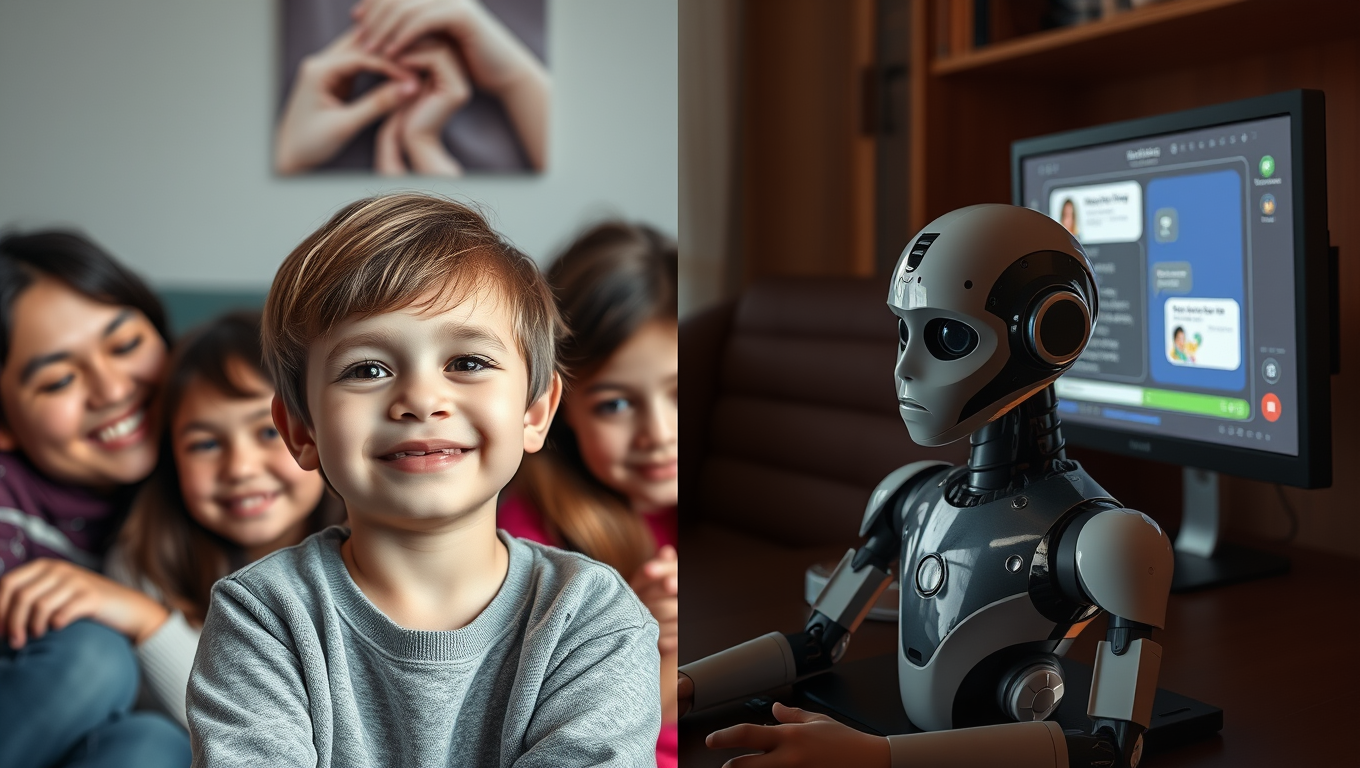While we try to keep things accurate, this content is part of an ongoing experiment and may not always be reliable.
Please double-check important details — we’re not responsible for how the information is used.
Bioethics
Unlocking Human-AI Relationships: A New Lens Through Attachment Theory
Human-AI interactions are well understood in terms of trust and companionship. However, the role of attachment and experiences in such relationships is not entirely clear. In a new breakthrough, researchers from Waseda University have devised a novel self-report scale and highlighted the concepts of attachment anxiety and avoidance toward AI. Their work is expected to serve as a guideline to further explore human-AI relationships and incorporate ethical considerations in AI design.

Ancient Civilizations
“Uncovering Neanderthals’ Ancient Superhighways: A 2,000-Mile Journey Across Eurasia”
Neanderthals may have trekked thousands of miles across Eurasia much faster than we ever imagined. New computer simulations suggest they used river valleys like natural highways to cross daunting landscapes during warmer climate windows. These findings not only help solve a long-standing archaeological mystery but also point to the likelihood of encounters and interbreeding with other ancient human species like the Denisovans.
Bioethics
The Ethics of AI Mental Health Chatbots for Kids: A Call for Caution
AI mental health apps may offer a cheap and accessible way to fill the gaps in the overstretched U.S. mental health care system, but ethics experts warn that we need to be thoughtful about how we use them, especially with children.
Biochemistry Research
Bringing Balance to Genetics Education: Why We Need to Teach Eugenics in College Curriculum
To encourage scientists to speak up when people misuse science to serve political agendas, biology professor Mark Peifer of the University of North Carolina at Chapel Hill argues that eugenics should be included in college genetics curriculums.
-

 Detectors9 months ago
Detectors9 months agoA New Horizon for Vision: How Gold Nanoparticles May Restore People’s Sight
-

 Earth & Climate10 months ago
Earth & Climate10 months agoRetiring Abroad Can Be Lonely Business
-

 Cancer10 months ago
Cancer10 months agoRevolutionizing Quantum Communication: Direct Connections Between Multiple Processors
-

 Albert Einstein11 months ago
Albert Einstein11 months agoHarnessing Water Waves: A Breakthrough in Controlling Floating Objects
-

 Chemistry10 months ago
Chemistry10 months ago“Unveiling Hidden Patterns: A New Twist on Interference Phenomena”
-

 Earth & Climate10 months ago
Earth & Climate10 months agoHousehold Electricity Three Times More Expensive Than Upcoming ‘Eco-Friendly’ Aviation E-Fuels, Study Reveals
-

 Agriculture and Food10 months ago
Agriculture and Food10 months ago“A Sustainable Solution: Researchers Create Hybrid Cheese with 25% Pea Protein”
-

 Diseases and Conditions11 months ago
Diseases and Conditions11 months agoReducing Falls Among Elderly Women with Polypharmacy through Exercise Intervention





























